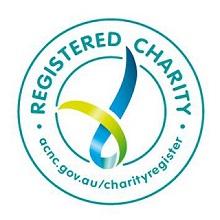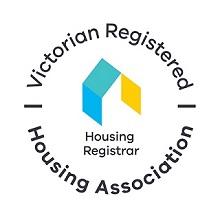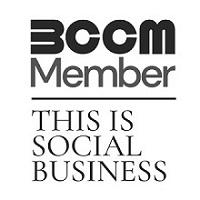Do any of the apartments have baths?
No, the apartments only have showers.
Will there be a viewing?
Depending on whether construction is complete at the time, some applicants may have the opportunity to view the building before submitting their application.
Do all kitchens have standard 60cm ovens and 4 burner cooktops?
Yes, all kitchens have 60cm Westinghouse ovens with 4 burner cooktops.
Could greenhouse and/or shade structures be added to the rooftop planters?
No, adding such structures is not feasible because high winds could blow any lightweight structures off the roof.
Will there be power points on the rooftop for phone charging/music?
Yes, there is a power point on level 7 – Rooftop.
Is the cross ventilation limited to common areas, or does it include apartments?
Cross ventilation is available in most apartments, although some, like the one-bedroom units, do not have North-South cross ventilation.
Do neighbours share air and ventilation? If so, can this be blocked off?
Apartments use cross ventilation by opening and closing windows and doors. Residents can control whether they use it this way.
Does the income generated from the coin laundry go to the Co-op?
The co-op may consider taking on the management of the laundry, which would include:
- Collecting all income and financing maintenance as needed
- Arranging regular servicing of the machines
- Cleaning the machines regularly
- Maintaining cleanliness in the laundry area
Accruing funds for the eventual replacement of machines
How long do the founding members need to be on the Board?
We anticipate that most Board members will remain in their positions for at least two years, which is the standard term. Office bearer roles can be rotated if needed. Ultimately, the co-op Board can determine its own structure if it complies with national co-op laws and other legal requirements.
Will Wilson Ave remain a cul-de-sac at the Sydney Road end?
Currently, there is no vehicle access from Sydney Road to Wilson Avenue, and this will remain unchanged after the streetscape improvements planned for 2025. The project aims to enhance pedestrian amenities, walkability, and the overall appearance of the street between Jewell Station and Sydney Road.
Here is a link to Merri-bek council streetscape works Wilson Avenue Stage 2 – Streetscape Improvement | Conversations Merri-bek
Will CEHL pay for me to move into Wilson’s Ave?
No, CEHL will not pay for your move. You will be responsible for the costs associated with your relocation to Brunswick.
What is the difference between a CMC and CERC?

What are all the levels floor plans?
Ground floor
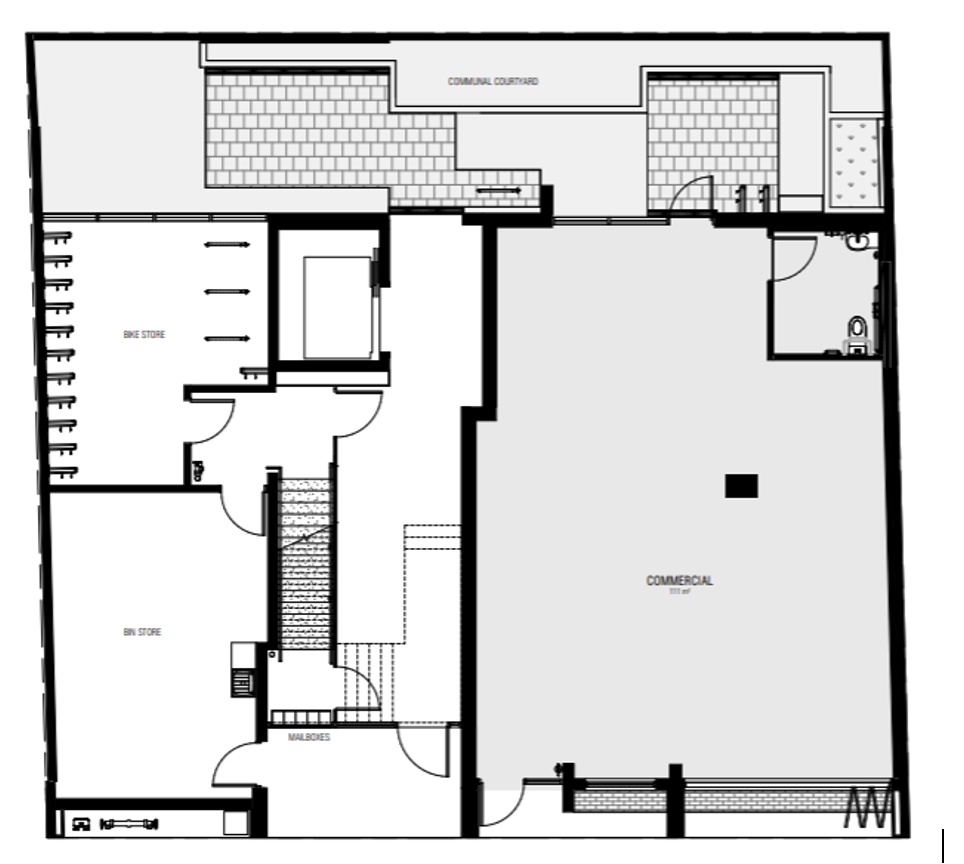
Level One
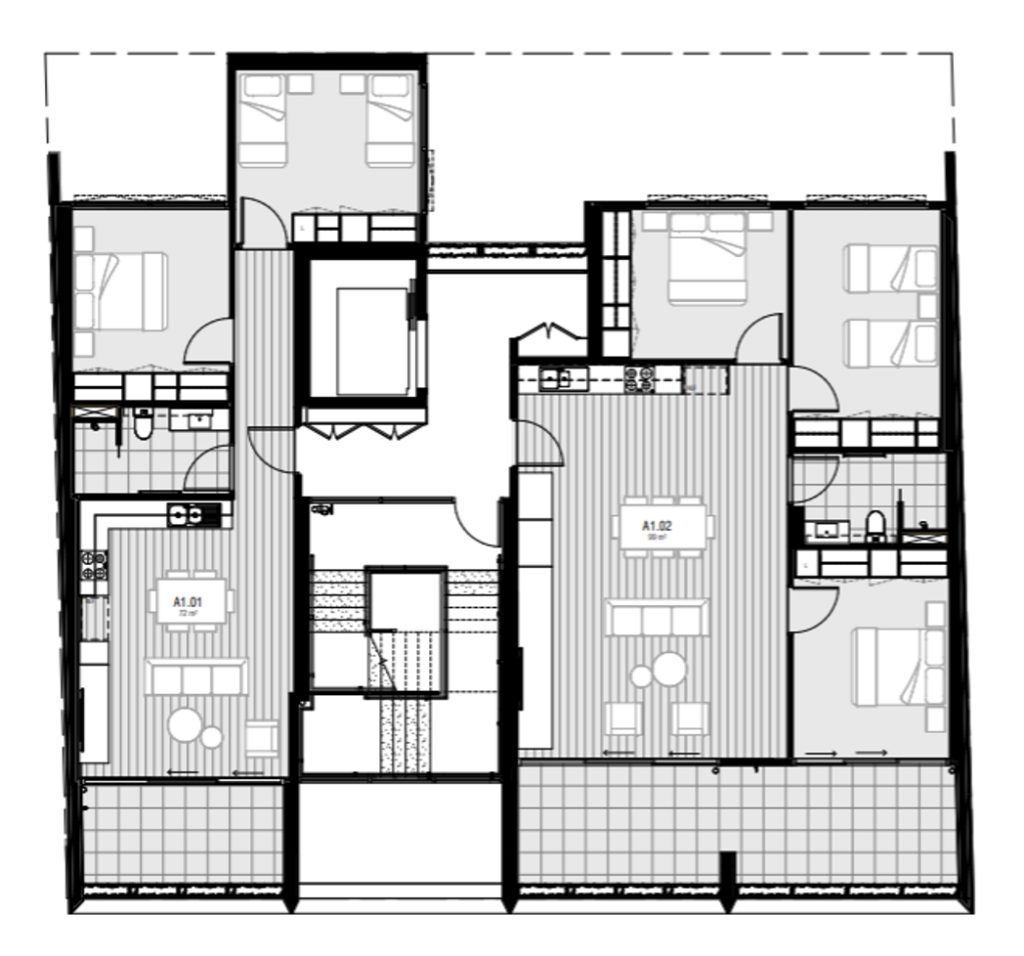
Level Two, Three and Four
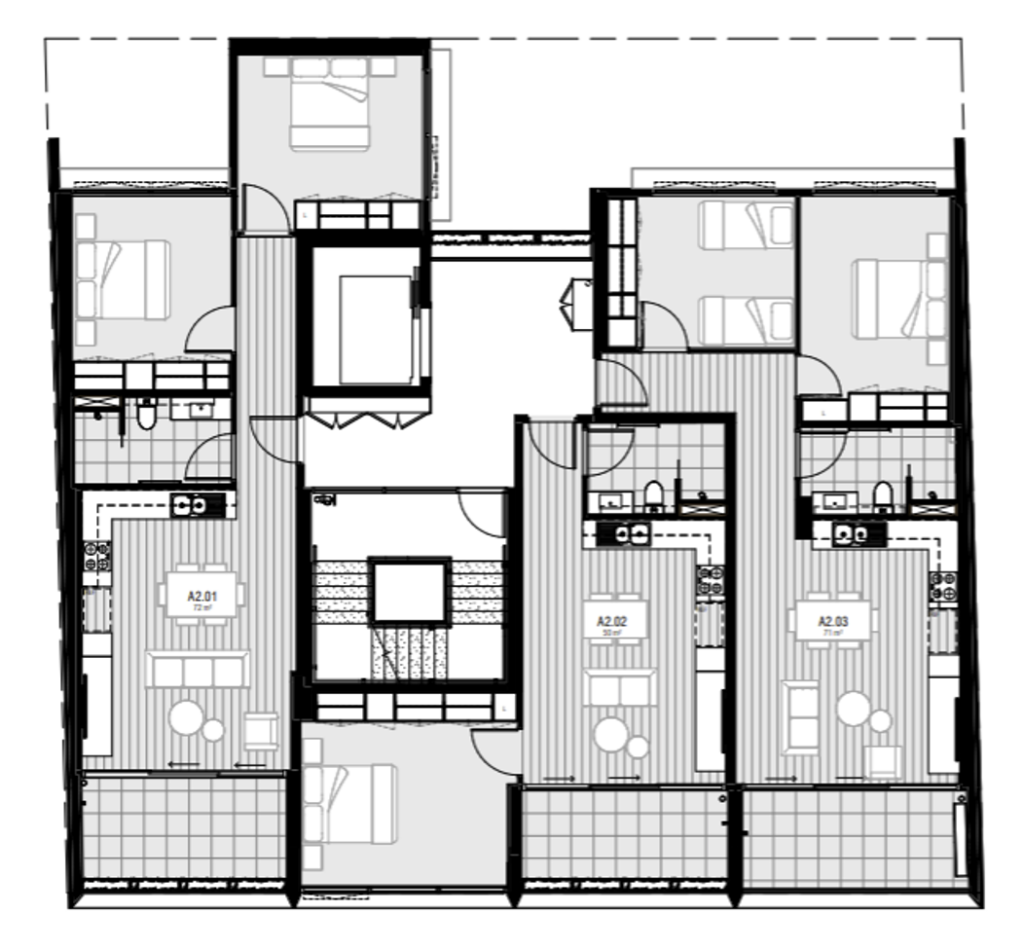
Level Five
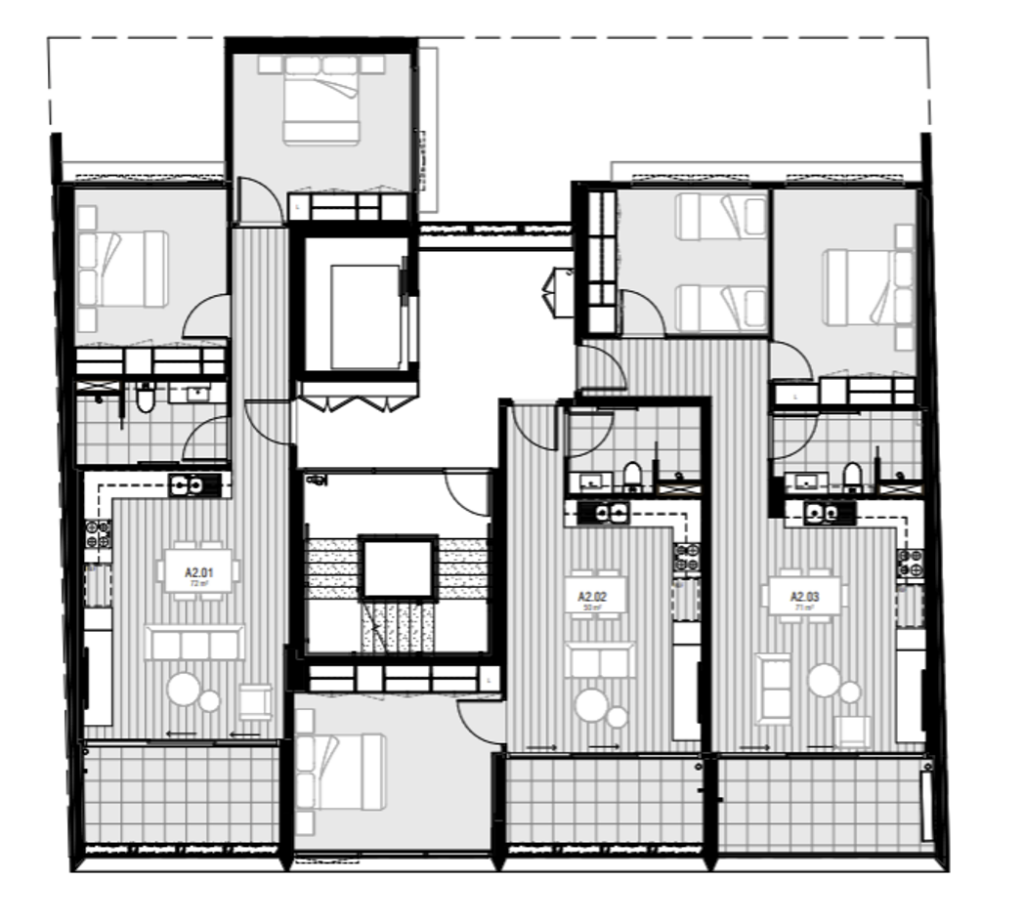
Level Six
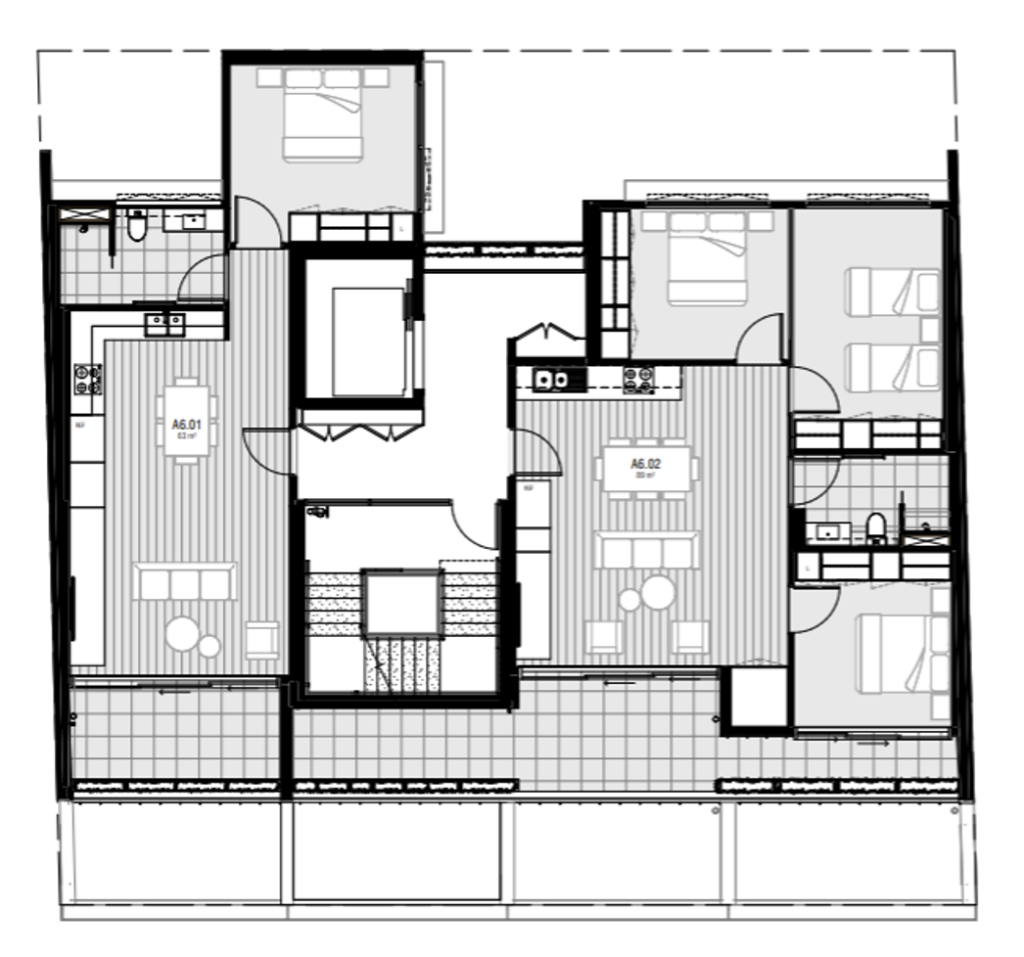
Add Your Heading Text Here
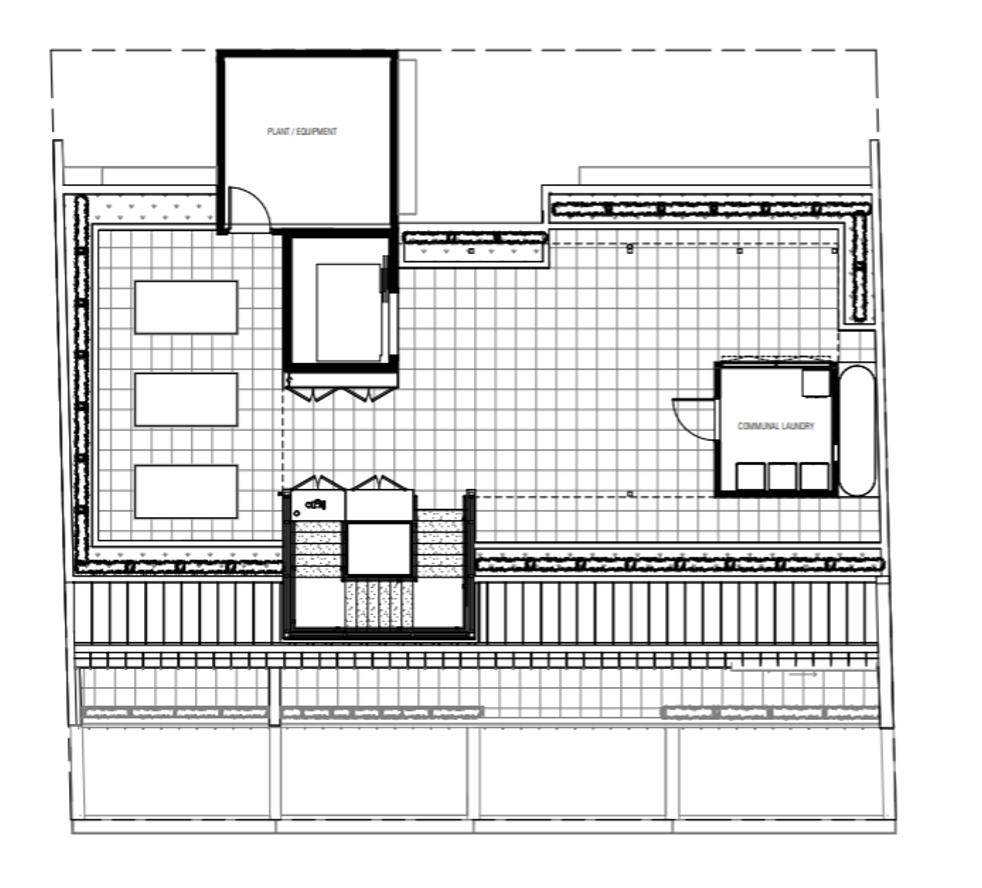
What is co-op housing?
A housing co-operative is a community of people who work together to meet their housing needs.


